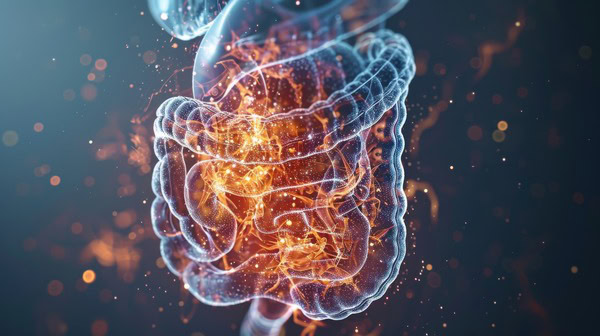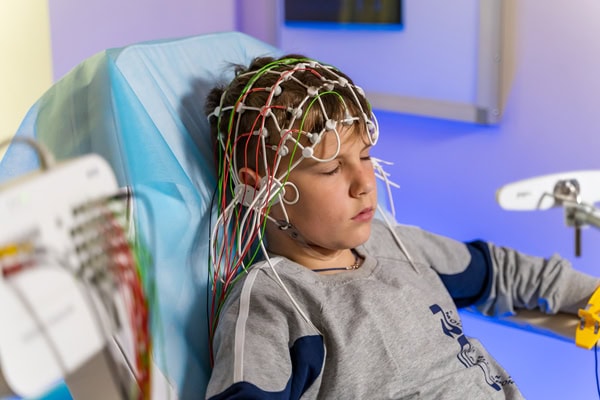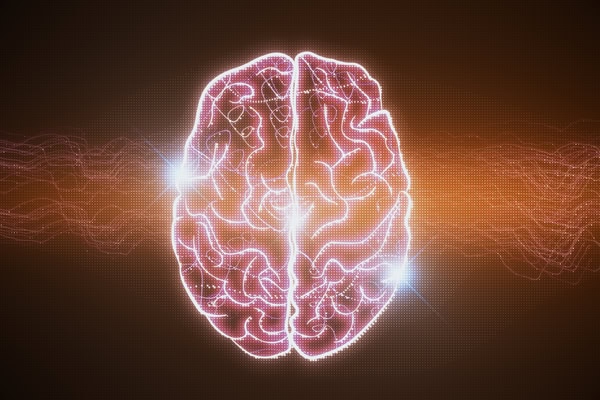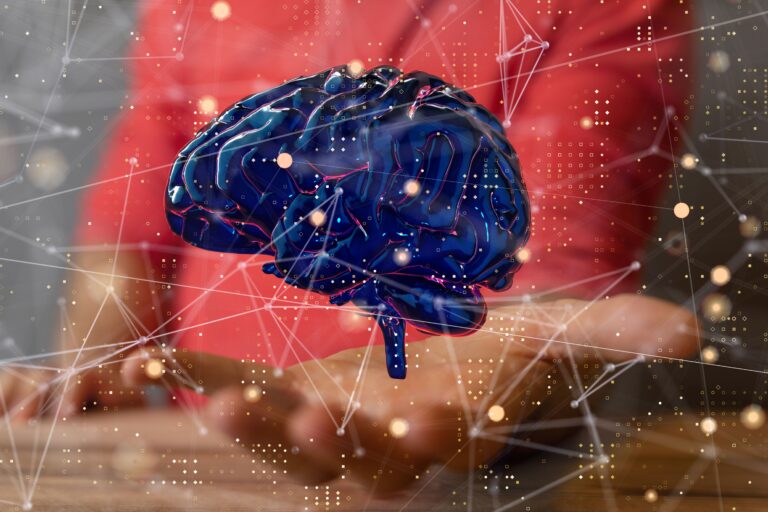Recent discoveries have illuminated the connection between gut microbiota and brain function. This system, known as the gut-brain axis, appears to influence mental health. The bacteria in our digestive tract don’t just aid digestion – they produce compounds that can affect mood and cognition. This article examines this relationship, reviews evidence for microbial influence, and explores how probiotics might support psychological wellbeing through this fascinating pathway.
Understanding the Connection
The human gut contains approximately 100 trillion tiny organisms – a complex community. Far from being passive inhabitants, these residents actively communicate with the brain through multiple pathways, creating what scientists study. A major nerve serves as a primary communication highway between the gut and mind -the so-called vagus nerve. Through this nerve, signals from gut inhabitants can reach the brain directly. Additionally, these organisms produce various substances, including molecules associated with mood regulation. The relationship between digestive organisms and the brain represents an exciting area in research. Scientists are discovering that these microscopic residents may influence not just digestive processes, but potentially our thoughts and feelings as well. This perspective is changing how we understand the factors that influence mental wellness and thinking abilities throughout life.
The metabolic outputs of gut residents play crucial roles in communication. These organisms process food components to produce various substances which can:
- Travel throughout the body
- Support cell functions
- Influence protective barriers
- Affect immune responses
These products represent one of the direct ways that eating habits, through their effects on gut inhabitants, can influence brain wellness. The composition of our diet has significant effects on which organisms thrive in our digestive system. Foods rich in certain components provide sustenance for beneficial species, while highly processed foods may promote less beneficial communities. This connection between eating patterns and brain function offers intriguing possibilities.
Mental Health Studies
The connection between gut organisms and psychological states has emerged as a compelling area of research. Studies have identified differences in the gut communities of individuals with various conditions compared to healthy individuals, suggesting potential influences on psychological well-being. This relationship may help explain why digestive symptoms so often accompany psychological changes, and vice versa. Rather than being separate coincidental conditions, these physical and mental manifestations may be different expressions of the same underlying biological imbalances. The implications extend beyond explaining existing observations to suggest new possibilities for supporting psychological wellness. If gut communities influence mental states, then approaches targeting the digestive system might indirectly support psychological health. This perspective has led to growing interest in nutritional approaches to mental wellness.
Research indicates that gut composition may contribute to emotional states. Several mechanisms appear to be involved:
- Production of important mood-related substances
- Effects on stress response systems
- Intestinal barrier function
- Production of compounds that reach the brain
Animal studies have provided compelling evidence. When researchers transplant gut material from people with depression into specially raised mice, the animals begin exhibiting similar behaviours – suggesting that gut composition alone may be sufficient to influence mood states. The implications of these findings are significant. If gut organisms can influence emotional states, this opens new avenues for addressing mood concerns through approaches that support gut health. This perspective complements traditional approaches to mood disorders.
Development Patterns
Evidence submits gut organisms may play roles in both childhood development and ageing processes. Studies have identified distinctive patterns in various conditions, while other research indicates that age-related changes in gut diversity may contribute to cognitive changes. The first years of life represent a critical period for both gut community establishment and brain development. This parallel timing proposes potential developmental windows where the gut-brain relationship might be particularly influential for long-term wellness. This perspective offers new ways of thinking about early childhood development. The experiences, nutrition, and environment that shape our earliest years may have effects not only through direct impact on developing brain structures, but also through their influence on the communities that establish themselves in our digestive systems.
Gut Microbiota Interventions
Given the growing evidence for gut influences on brain function, researchers are investigating various approaches to support this relationship for better outcomes in thinking, mood, and overall functioning. Diet stands as perhaps the most direct way to influence gut composition. Specific patterns and components appear beneficial:
- Fermented foods that contain living beneficial organisms
- Fibre-rich foods found in vegetables, fruits, and whole grains
- Healthy fats from fish and plant sources
- Plant-derived compounds found in colourful fruits and vegetables
Mediterranean and traditional East Asian eating patterns, both associated with lower rates of emotional difficulties and cognitive decline, share many of these supportive characteristics. The implications extend beyond individual food choices to broader patterns and cultural practices around eating. Traditional cuisines from around the world often include fermented foods and diverse plant fibres that may have been supporting the gut-brain connection long before science understood the mechanisms involved.
Probiotics – live microorganisms intended to confer health benefits – represent a targeted approach to modifying gut microbiota composition. According to Dr. Christian Beste, who studies cognitive processes, “The potential of certain probiotic strains to influence brain function represents an exciting frontier, though we must interpret current findings with appropriate scientific caution.” Early studies suggest certain probiotic strains may help reduce symptoms of depression and anxiety in both clinical and non-clinical populations. Particularly promising are studies showing that specific bacteria may influence neurotransmitter production and stress response systems when administered as supplements. However, the field faces limitations. Probiotic effects appear strain-specific rather than generalizable, and individual differences in baseline microbiome composition likely influence responsiveness. Researchers are increasingly focusing on microbiome diversity as a key indicator of gut health, rather than the presence of specific bacterial strains.
Future Research Directions
As our understanding of the gut-brain axis continues to evolve, several promising research directions are emerging. Christian Beste and colleagues suggest that personalized approaches based on individual microbiome profiling may eventually allow tailored interventions that optimize brain health through gut microbial modulation. Other important frontiers include better understanding of the critical periods when the gut-brain axis is most sensitive to influence, identifying specific bacterial strains with the strongest neurological impacts, and developing next-generation probiotics designed specifically for mental health and cognitive outcomes. While much remains to be discovered, the gut-brain axis provides an exciting new perspective on brain health – one that recognizes the profound connection between our digestive system and our mental wellbeing. By nurturing our gut microbiota through appropriate diet and lifestyle choices, we may discover new pathways to support cognitive function and emotional balance throughout life.







